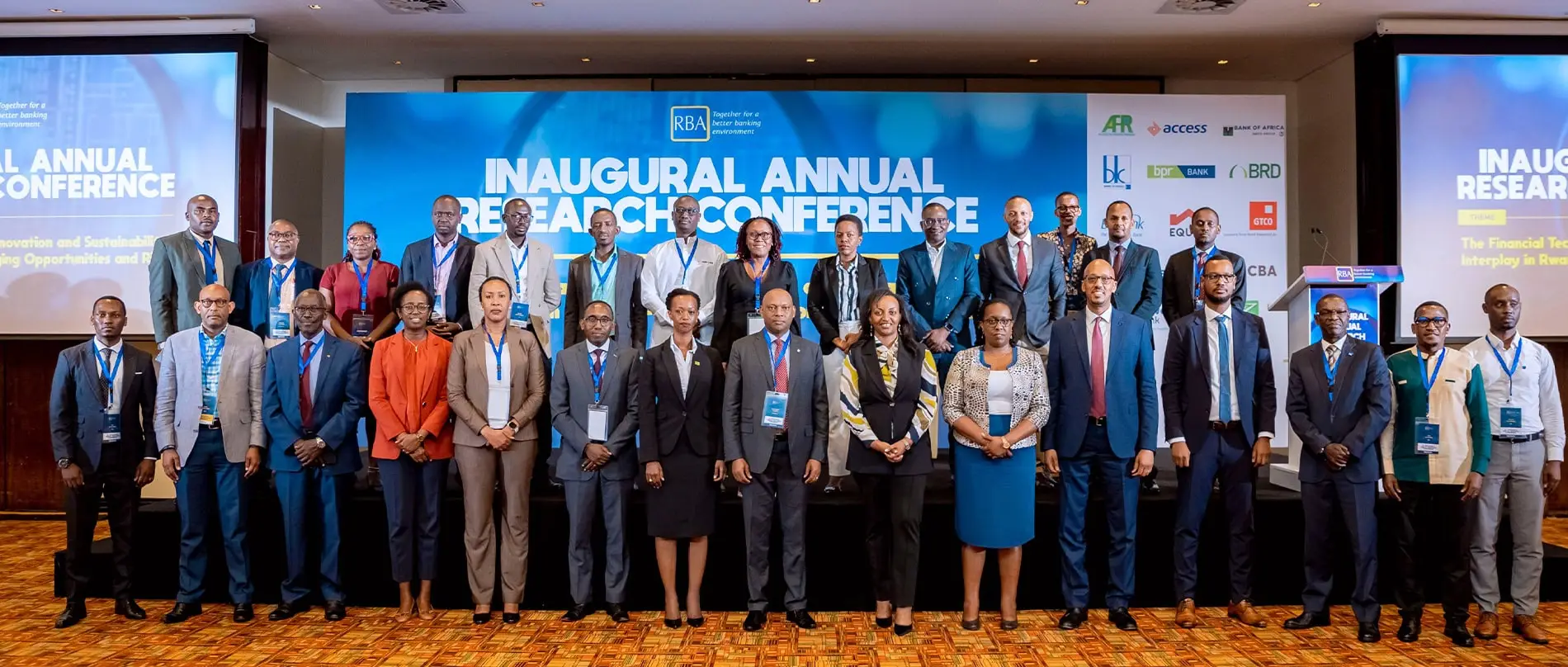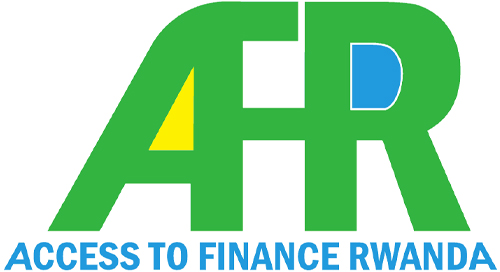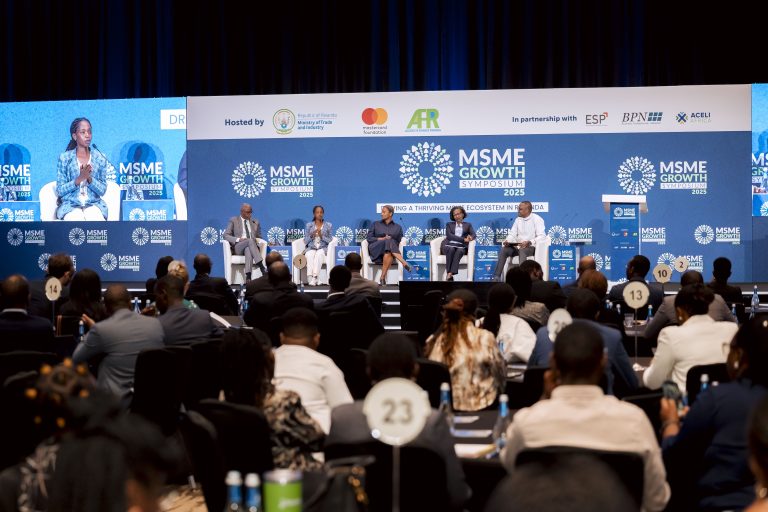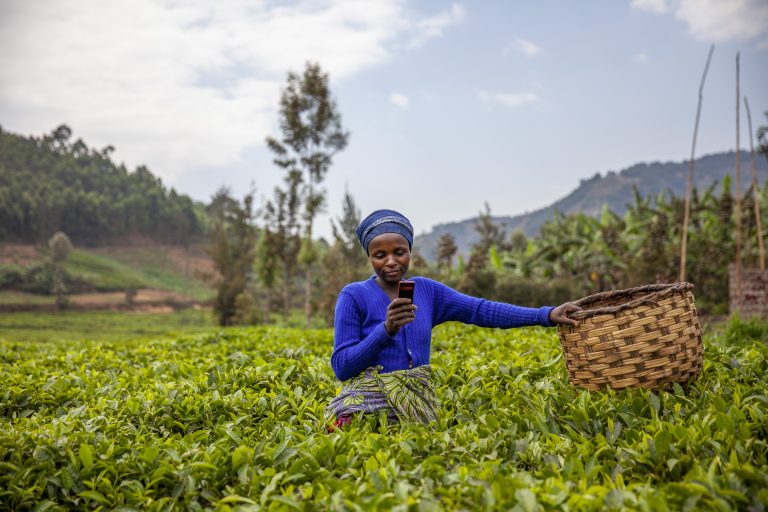
Focus areas
Deepening financial inclusion and resilience
Financial exclusion (or being underserved) is itself a surface-level symptom of marginalisation, where such marginalisation occurs at a systemic and structural level cutting across individual, social and economic spheres. AFR must understand how, where and why certain groups (women, youth, PWD, informal sector and refugees) are marginalised in order to understand why they are underserved, and thus to meaningfully address these particular barriers to foster lasting and productive financial inclusion in order to increase welfare. This will require exploring and analysing the root causes of exclusion found in the core of the market system as well as in supporting functions and rules including working with policymakers and regulators to improve the enabling environment for greater inclusion. This phase will focus on utilisation of financial services in order to meet a need including usage and outcomes particularly in (i) ensuring ability to pay for services (ii) financing for implementation of initiatives targeting basic services (iii) promoting resilience and ability to manage risk (iv) ensuring equal access to basic services amongst disadvantaged groups, and (v) providing payments mechanisms.
Unlocking Livelihoods through Financing Women-owned MSEs
Objectives
To strengthen SMEs including (SMEs owned/led or benefiting women) capabilities to overcome gaps in financial practices, business growth skills and information asymmetry by enhancing technical, managerial, market knowledge, financial and non-financial capacity building in order to prepare them for appropriate financing opportunities.
Key Project targets
- Increased access and usage of appropriate financing for at least 50 SMEs in productive sectors and at the early growth stage. At least 40% women-led/owned and 20% youth-led SMEs
- 150 decent jobs (40% female, 20% youth) created and/or sustained
200+
150+
Finance for Growth and Jobs
Key growth sectors have been and continue to be starved of credit and other appropriate financial services. This has limited the economy’s growth and job creation potential. AFR will focus on helping to unlock key market failures that have restricted diversified and balanced growth through supporting efforts to unlock growth and job creation potential in agri-processing, light manufacturing, and logistics. Mapping of risk and access to finance challenges in particular values chains and exploring the constraints and opportunities within the overall market system is critical in building an understanding of the constraints that have affected the flow of finance to the selected sectors. Supporting a more enabling environment through a focus on policy, regulation, financial infrastructure etc are vital and important for the effective and efficient development of the Rwandan financial sector.
Enhancing SME Finance through Innovation, Capacity Building and Risk Mitigation
Objectives
To support the financial sector to better serve SMEs in productive sectors leading to business growth, improved profitability, and decent job creation, with a strong emphasis on jobs for marginalised groups (including women and youth).
SME Financing Readiness
Support
Objectives
To strengthen SMEs including (SMEs owned/led or benefiting women) capabilities to overcome gaps in financial practices, business growth skills and information asymmetry by enhancing technical, managerial, market knowledge, financial and non-financial capacity building in order to prepare them for appropriate financing opportunities.
Unlocking Livelihoods through Financing Women-owned MSEs
Objectives
This project empowers women economically by expanding access to high-value financial services. It strengthens providers' capacity to design women-centric solutions while demonstrating their viability and promoting gender-equal social norms.
Kwihaza Credit-Linked Subsidy (CLS) Facility
The CLS Facility is a financing instrument under the Kwihaza Project, funded by the European Union and the Government of Luxembourg, and implemented by Access to Finance Rwanda (AFR). The facility provides a matching grant to compliment a loan or own funds or a combination. The Facility aims to support cooperatives and MSMEs to access appropriate finance for productivity and business growth and promote financial inclusion and bankability.
Kwihaza Interest Rate Subsidy (IRS) Scheme
The Kwihaza Interest Rate Subsidy (IRS) Scheme is an initiative implemented by Access to Finance Rwanda (AFR) and partner financial institutions to facilitate access to affordable finance for actors in selected agricultural value chains. The initiative is funded by the European Union (EU) and the Government of Luxembourg. Through targeted interest rate subsidies, the scheme addresses high borrowing costs challenges that constrain productivity and investment, particularly for cooperatives, and Micro, Small, and Medium Enterprises (MSMEs).
Research and information
Information asymmetry continues to be a major cause of market failures in (i) improving access and usage of financial services (ii) development of innovative and pro-poor financial services (iii) creating an efficient and competitive financial market, and (iv) facilitating growth across key job creating sectors of the economy. As such, in Phase III, AFR will play a key role in the development and dissemination of information to help develop a more efficient financial market in Rwanda, while at the same time developing the capacity of market players to develop and disseminate information for the benefit of market growth and sustainability after AFR’s exit. This recognises that various financial markets remain underdeveloped and continue to need (at least in the short to medium term) public investments to help address the information and knowledge gaps. Engagement of a diverse spectrum of stakeholders furthers AFR’s credibility as a preferred partner for interested stakeholders, and provides an opportunity for dialogue and learning that is fundamental in supporting programme staff to influence market players to change their behaviour for the benefit of the poor. AFR will continue to develop and cultivate relationships and networks with, among, and between producers and users of knowledge by providing linkages, knowledge sources, and in some cases knowledge itself, (e.g. technical know-how, market insights, research evidence).
Strengthening data analytics capacity in Rwanda’s financial ecosystem

Objectives
The overall objective of the project is to strengthen the data analytics capacity of Financial Services Providers (FSPs), regulators, and industry associations in Rwanda for improved data-driven culture and decision-making. More specifically, this project aims to develop a data-analytics-insights ecosystem that is customer-centric, inclusive, and sustainable.
Key Project targets
- At least three (3) institutions supported to develop data strategies to emphasise the use of data in decision making
- At least four (4) institutions: One (1) commercial bank, one (1) pension administrator, one (1) regulator, and one (1) Industry Association supported to develop their data analytics capacities
- Increased use of internal and external data to understand their customers and develop financial products and services that meet their needs
- A clear position on Open Finance in Rwanda and its roadmap.
Digital Financial Services (DFS) and Market infrastructure
Digital Financial Services (DFS) and Market Infrastructure: Digital technology has played a pivotal role in expanding the access and usage of financial services as highlighted by the 2016 and 2020 FinScope Surveys. The importance of digital technology is seen particularly during the COVID-19 pandemic which is constraining many other delivery channels. AFR will continue, and potentially expand, its current digital infrastructure interventions such as interoperability of payment platforms and agent networks to facilitate inclusion of marginalised segments and deliver appropriate services to micro, small and medium enterprises. It will also focus on non-digital infrastructure interventions such as supporting the development of credit reference bureaus, collateral and contracts registries and platforms to support access to trade finance (factoring) and capital market instruments. AFR will also play a key role in ensuring that deepening of the digital financial sector is done responsibly; that is, the digital divide should narrow, not expand, and the sector must be demand-led and based on principles of integrity, consumer protection and empowerment.
Support to Scale-up Gender Intentional Rwanda National Digital Payment System (eKash) – Phase II
Expand access to affordable, relevant digital financial services for underserved segments including women and other marginalized groups and accelerate DFS usage by strengthening the Rwanda National Digital Payment System (eKash), achieving interoperability of digital payments in Rwanda, and building a more robust and inclusive digital economy.
Support to the Ministry of ICT (MINICT) for the implementation of the Fintech Strategy and Policy Framework
To enable a thriving fintech ecosystem that meets the unique financial needs of low-income men, women, youth, and people with disabilities characterized by an enabling regulatory environment, robust infrastructure, a strong talent pipeline, easy access to affordable finance, available business development support, and local and regional market access.
Strengthening AMIR capacity to sustainably Support Non Umurenge SACCO
To strengthen SMEs including (SMEs owned/led or benefiting women) capabilities to overcome gaps in financial practices, business growth skills and information asymmetry by enhancing technical, managerial, market knowledge, financial and non-financial capacity building in order to prepare them for appropriate financing opportunities.



